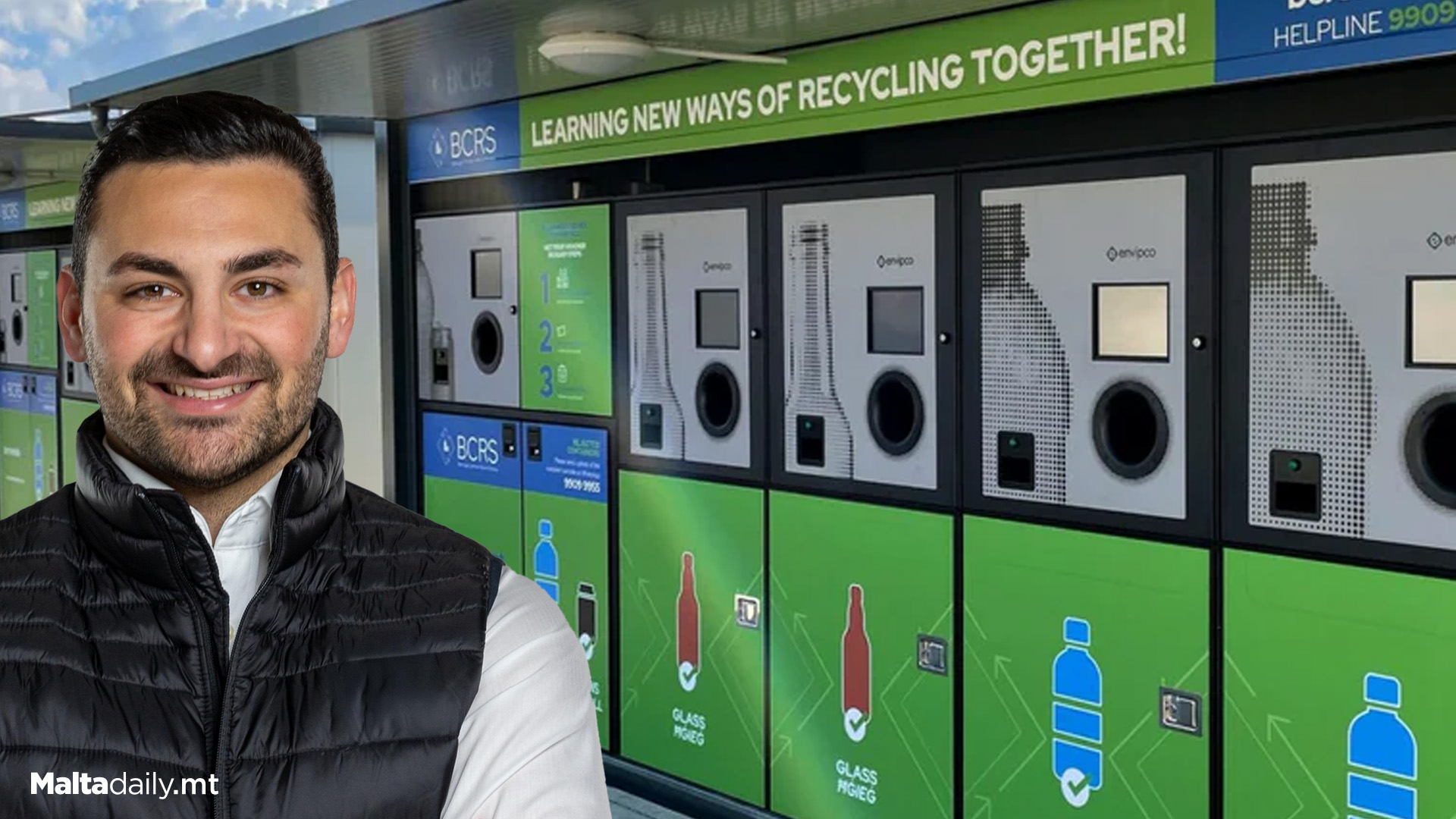
A study comparing loneliness levels in Malta before and after the pandemic found a rise in emotional isolation, despite a slight decrease in social disconnection.
This indicates that while people maintained social interactions, their emotional needs remained unmet.
The study analysed data from 2019 and July 2022, three months after COVID-19 restrictions were lifted.
Overall loneliness increased significantly, with 54.6% of respondents in 2022 classified as moderately lonely compared to 41.3% in 2019. Severe or very severe loneliness more than doubled, rising from 2.1% to 5.2%.
Emotional loneliness scores increased from 1.42 in 2019 to 2.1 in 2022 (on a scale of 0-6), showing that more people struggled with feelings of deep isolation.
In contrast, social loneliness saw a slight decline, with scores dropping from 1.23 to 1.16 (on a scale of 0-5), suggesting that opportunities for social interaction improved but did not alleviate emotional disconnection.
Certain groups experienced higher levels of loneliness, including young people under 19, older adults over 55, and widowed or retired individuals. People with lower income, lower education levels, poor health, or a weak sense of neighbourhood belonging were also more affected.
The study recommended policies to address affordable housing, rising living costs, and investment in community spaces such as parks and social hubs.
Other proposals included establishing a parliamentary secretary for loneliness and a national task force to assess its societal impact. A follow-up study is planned to monitor future trends.
Read the full study here.
#MaltaDaily










